Whenever there is something new in my life, I suddenly lose my appetite. I’ve always fed myself well, and been suspicious of those frail girls who claim “Oh, I forgot to eat!” How can one forget to eat? Or not have time to eat? But at the end of the day, when there is a new boy in my life, or I move to a new place, or I start a new job—there I am, too nervous and busy and strung out to do the most simplest human task of hunting food down on a supermarket shelf, gathering it onto my plate, and, after all is said and done, eating it.
There’s no new boy, just dear old Mr. English. And no new place. It has, after all, has been standing for a thousand years. But an MBA, that terrifying blazing bull’s eye I’d always hope my arrow might somehow meander into, that was, and continues to be, bright, shining, and new. And according to tradition, I was accidentally starving.
I have been lucky and have found myself three friends in an unlikely place. Carolina, an Argentine-American I can spot like a flare from across the room for her long, nymph-platinum hair and megawatt smile. Ola, a Nigerian-Londoner beauty, who shares my birthday. And Angie, a Roman firecracker, who seems like nothing would ever intimidate her, where I have never felt more intimidated in all my life.
Carolina, Ola, and I were standing around the front hall of the school, holding jelly beans. Also known as lunch in our new world. It was family done, and none of us had any family for miles and miles. Angie came trotting over with her parents. They were exactly as I expected Italians to be: he, graying and distinguished in a gray suit, and you just knew he slept in suits, woke in suits, played in suits, and worked in suits. And the she, elegant in all black, big hair worked in Roman curls, and lips stained and pouting. The little American inside me screamed: ITALIAN!
Before long, they were embracing us, and I was beginning to realize there wasn’t much difference between Brooklyn Italian and Roman Italian. Everyone was talking a mile a minute, and the next thing we new, we were invited to the family lunch.
We went to Jamie Oliver’s Italian restaurant cheap and cheerful corner restaurant, and before I knew what was happening, antipasti had been ordered for the table. Along with loaves of bread, hunks of focaccia and swords of bread sticks. Glugs of olive oil seemed to be spilling down from heaven. The waiter came and took our order, and Caro, Ola, and I all ordered some pasta. “Penne Arrabiata,” I requested, thinking that after something so dry as accounting, I’d need something hot and devilishly spicy. And my new godfather leaned over and whispered, “And what will you have after your pasta?”
Of course, I felt like an absolute ignoramus when I realized that to him, pasta was an appetizer, and I should have thought twice before ordering the wrong course. I think he seemed slightly alarmed at what he thought would turn out to be such an enormous order for a generally small person. “Oh, just the pasta for me, please,” I flushed. But then I bit my lip, and had to hold something in. I was homesick. I missed, pathetic as this sounds at my age, my Maman. And though this man, my new friend’s father, spoke with an urbane Italian accent and ordered his pasta as an appetizer, I recognized something in his voice—concern, care, generosity. As he asked us about boyfriends and classes, he declared, “Because your fathers are not here, I am your father! And they would want to know, so I want to know!”
I have never felt so welcome, or so revived. At the end of the meal, after the olive oil was wiped off the table and the macchiato foam had been licked off lips, the godfather turned to me and said in simple English, “I like you.” I grinned and said back, “I like you too. Thank you for lunch.”
But I was thankful for more than penne, and I hope he knew that. I think when I forget to eat, I also forget what eating is about: sitting at a table with people who can say at the end of the meal, “I like you.” And you can say, “I like you too.” When someone pays for your lunch, they are not buying you something you cannot buy yourself. Hopefully, even in these difficult years, pasta is not out of reach. He buys you pasta, but he gives you hospitality, and humanity, and in some very basic form, love. I hope that the busier I get, I will not let myself go hungry for any of those things again.


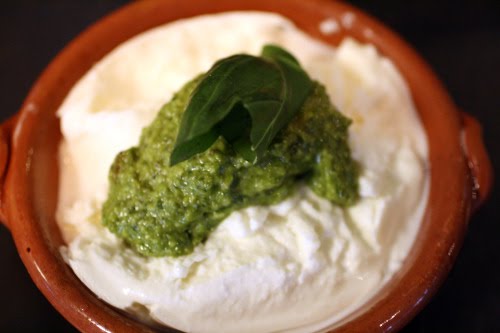
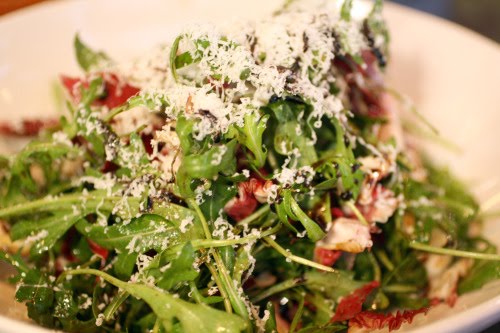
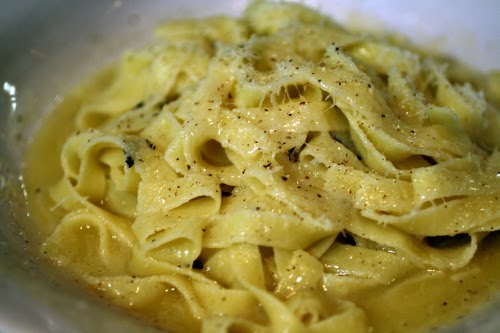
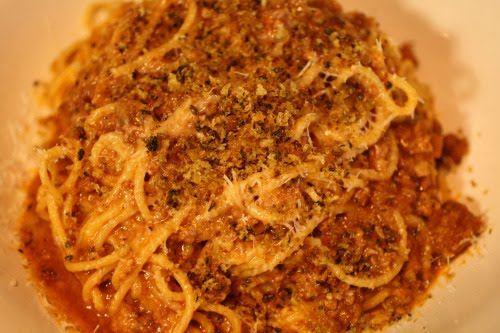
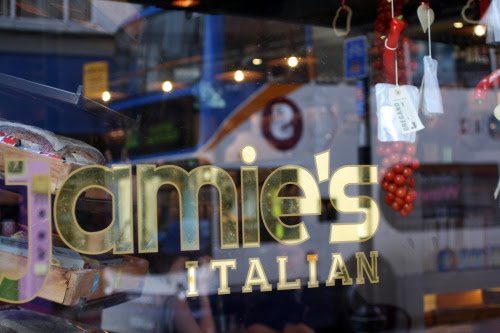


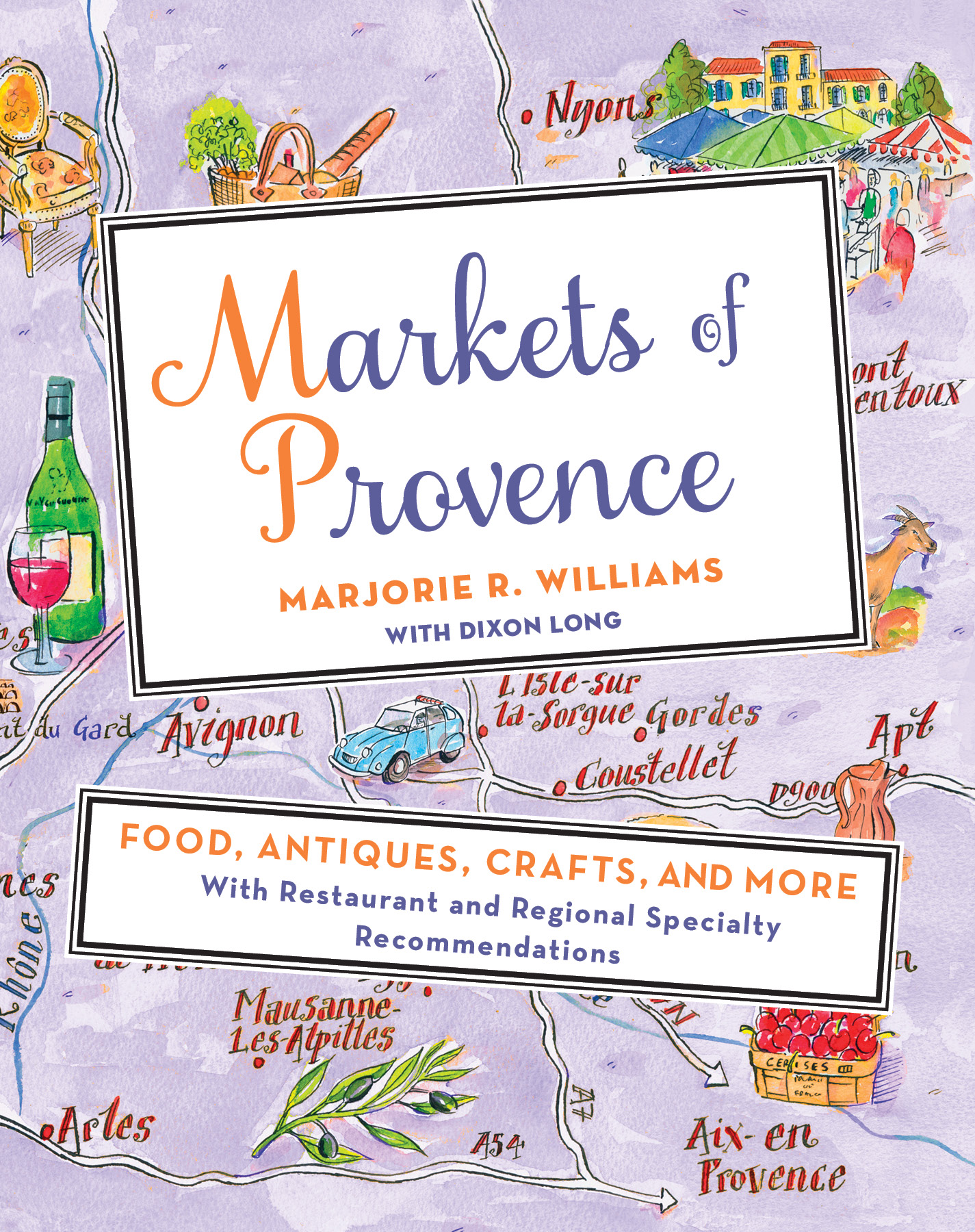

Hi Kerry!
My friends told me about your blog. I really love it, I have had a great time browsing through and reading about you and your food.
Thanks,
Frenchie
That was another lovely entry to French Revolution. Its always a joy to read your entries! Oh & the pasta & spaghetti look wonderful!
Thank you, both!